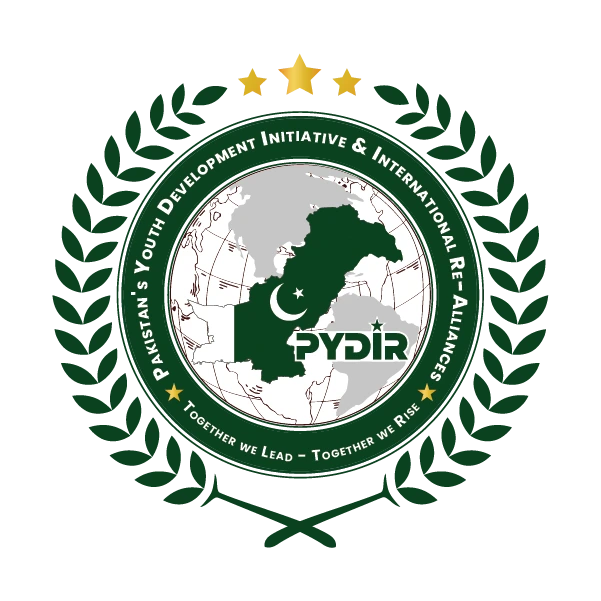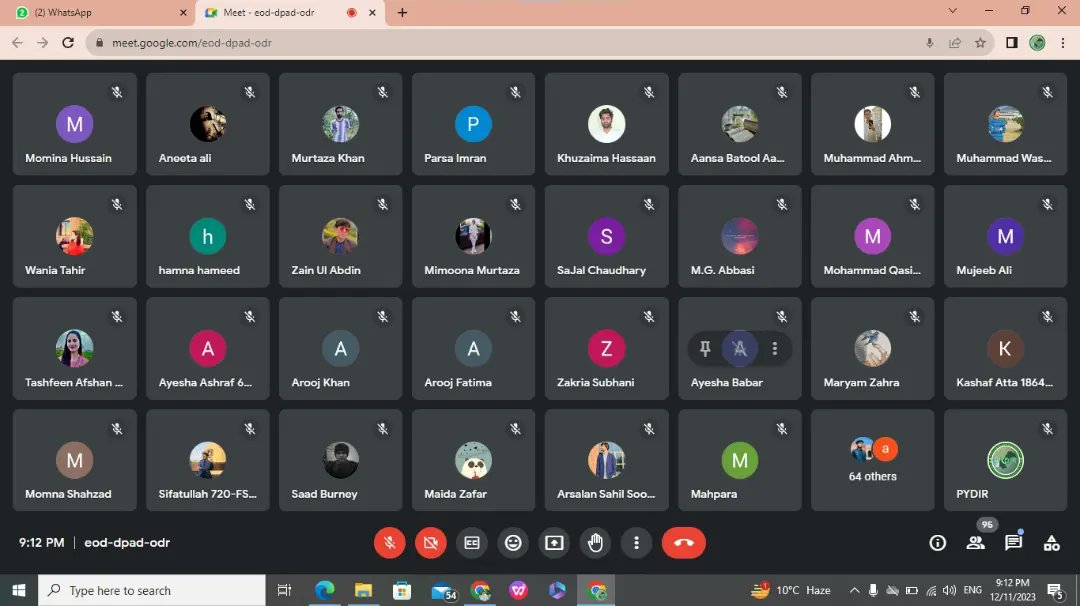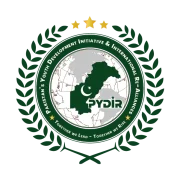Global migration or international migration refers to the movement of people around the globe from one state to the other. People move or migrate across borders due to multiple reasons. It means various factors drive people to migrate like seeking asylum in case of conflict or political instability or economic opportunities to improve their lifestyle. By analyzing the factors deeply, we understand that two big elements contribute to international migration, and these are the push and pull factors. Push factors are those in the origin of a country that causes the people to move, and they may be economic or political instability or any other natural disasters or conflicts. Pull factors are those that are based on the destination country, where the migrant intends to move, which may be a good lifestyle, peaceful environment, and well socio-economic conditions. In this article, we are going to analyze how global migration impacts the economy and what are the challenges that emerge.
Although, in positive aspects, migration flourishes the economy of both countries through different methods these migrants fill the gaps in the market in various sectors where needed and thus contribute to labor markets where a shortage of skilled labor or workers exists. This improves the efficiency of the workplace. By doing this, they aid in boosting the states’ economy and productivity. Also, when these migrants initiate different businesses and bring entrepreneurship it gradually creates jobs and is beneficial for enhancing the employment rates. Thereby improving the economy of the state. Additionally, when these migrants send remittances to their home countries, it also boosts the economy of that country. According to the report of the World Bank, in 2019 the remittances have left behind the foreign direct investment as remittances to underdeveloped countries have reached to high record of $548 billion. Migrants also bring different ideas and thoughts as people from different regions are differently skilled, so this skill diversity brings innovations in various fields like agriculture, industry, and technology and fosters economic productivity. When people migrate, they need housing, services, and goods and this certainly contributes to the local economies. Let’s elaborate on how. When people migrate to a new country, they either purchase or rent houses which fuels the real estate market’s demand. This can also indirectly create jobs in the labor market, construction, and development sector including property management or engineering field, and in turn contribute to the state’s economy. The same migrants when purchase goods like groceries, household appliances, clothing, etc then this consumption of goods supports the local markets ranging from small shops to big markets. This influences market productivity and fosters innovations and competition. These migrants enhance the GDP of the host countries through the above-discussed methods. This is also supported by a report from the U.S which shows that nearly half of the companies have been founded or co-founded by the migrants in the country.
Besides all the above economic benefits, and uplifting the host country’s GDP, there are certain downsides or challenges like integration challenges that the migrants face while getting settled in the host countries. These are the difficulties that the migrants have to face while they try to adapt to a new community or society in a host country. These include multiple hardships like language barriers, discrimination from local citizens, cultural differences, economic and social disparities, lack of access to education, and fewer employment opportunities. They hinder the migrants from accepting the new country and adhering to the new society. The language barrier is one of the problems as it is the main source of communication and language differences between the migrants and the new people in the host country with another language can lead to difficulties as they are unable to convey their message accurately and effectively. Similarly, as these people are the new settlers, due to their cultural and traditional differences, they are not able to mingle with others and thus need time to adopt the new practices. They feel discriminated against and underestimate their potential. The new society also certainly makes them feel discriminated them by the local citizens based on their origin and citizenship. This leads to a lack of education and confidence as they do not have access to good quality education and opportunities. Additionally, because of this discrimination, they are not able to get good jobs of a high level, and this results in poor socio-economic conditions for these people.
After analyzing the above factors, one must understand that adhering to a new society or moving to a new country requires a good time to improve, get settled, and adapt to a new environment. The migrants may face challenges but with time they may combat and successfully contribute to the host and their own state economy.
The writer is a student of BSIR at IIUI and a member of PYDIR.



